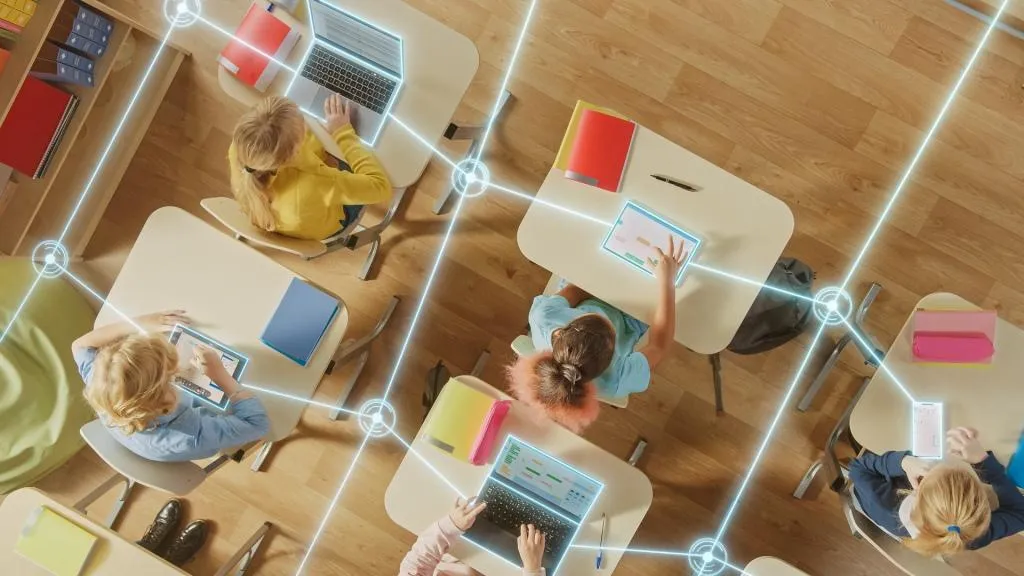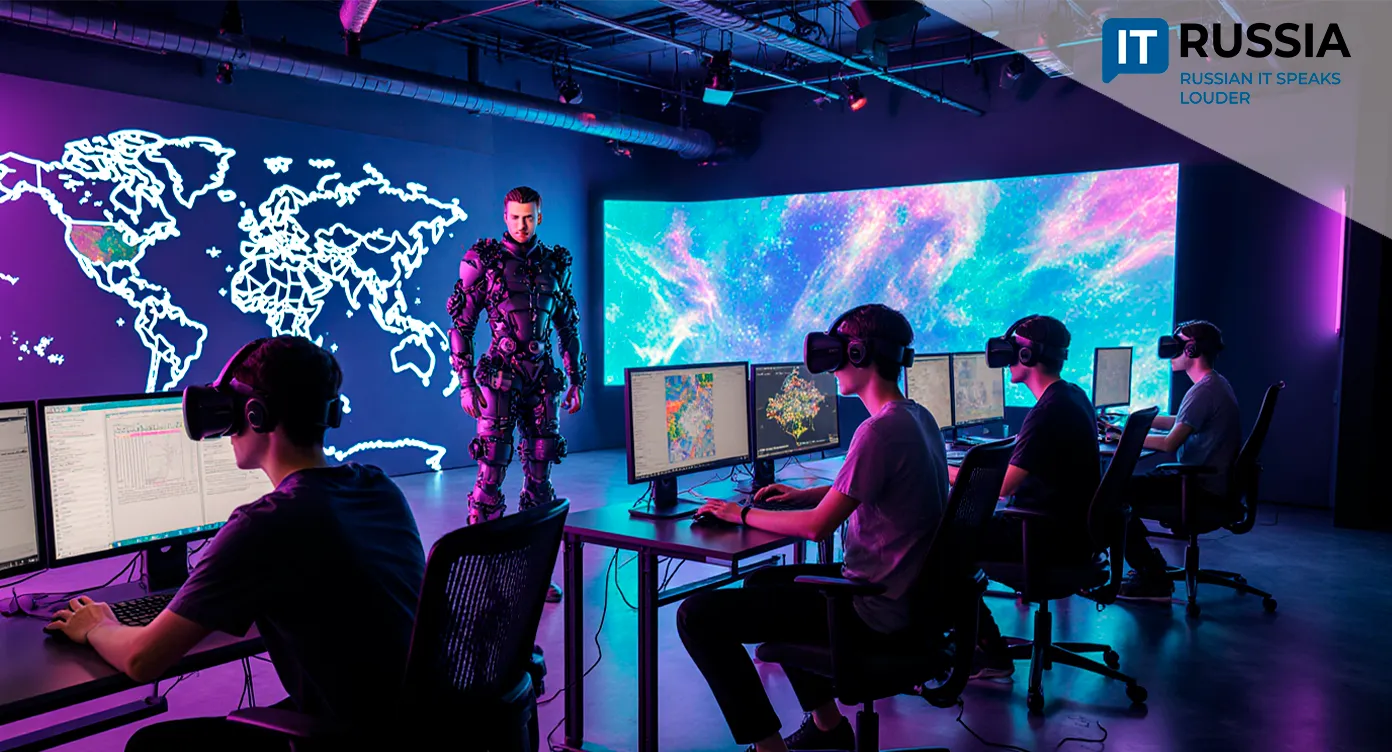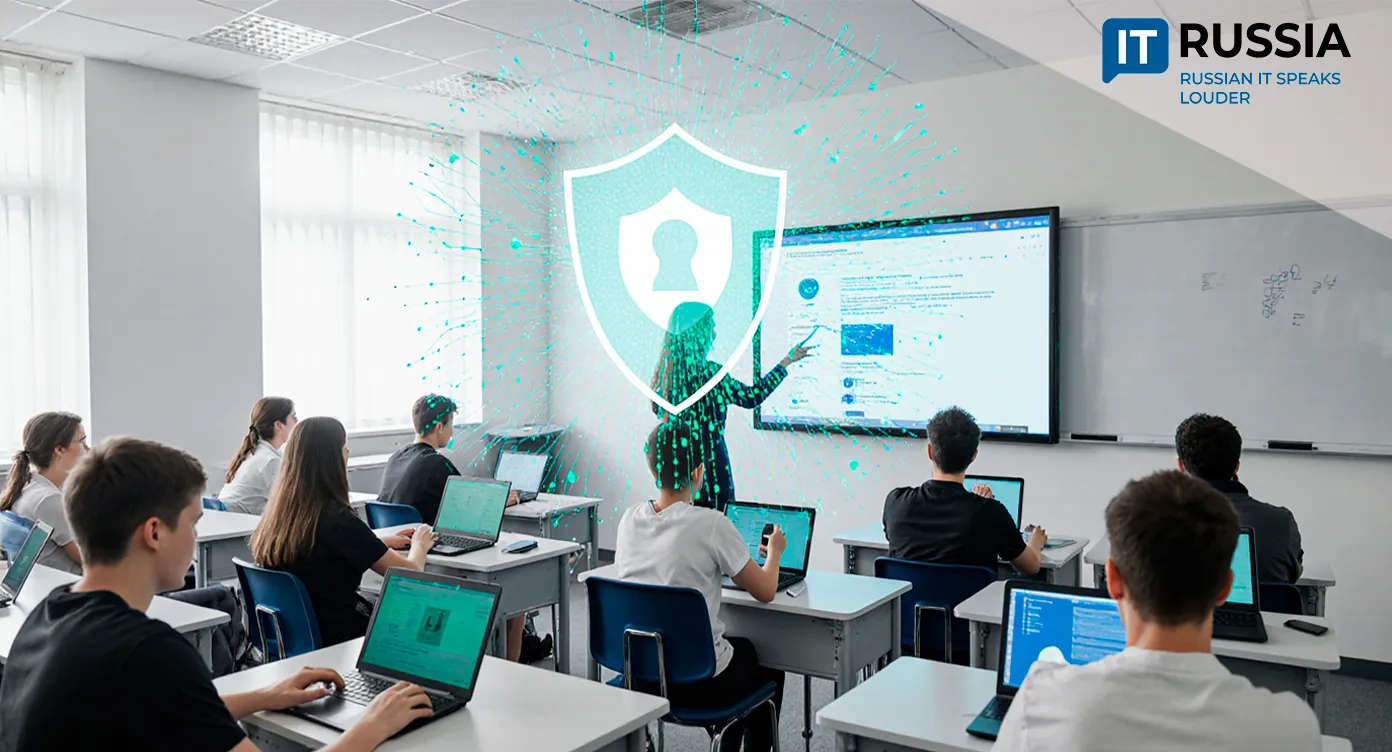Into the Future: AI Learns to Predict Student Mistakes
By 2030, language education is expected to undergo major changes. An AI system capable of predicting student language errors before they happen could become a breakthrough in the field of education.

A Digital Crystal Ball
The new AI technology acts like an oracle of sorts. It does not merely identify current mistakes, but analyzes a student’s individual learning patterns to build a personalized roadmap that prevents difficulties before they arise. Rezeda Tukaeva, PhD in Sociology and Associate Professor at TISBI University of Management, explains: “The algorithm uses predictive modeling based on big data. For each student, the system creates something like a risk map: it highlights areas where problems may occur.
If the model foresees difficulties with a particular grammar topic, it offers preparatory exercises in advance. It works much like an experienced teacher who knows that once students master one tense, they often struggle with the next. But AI does this based on analyzing millions of cases, which leads to more accurate predictions.”
A Russian Technology With Global Reach
Modern learning increasingly prioritizes adaptability and individualization. Predictive AI systems are the next stage in this evolution. Integrating AI into educational platforms stimulates the growth of Russia’s IT sector, drives demand for new software solutions, and fosters the creation of high-tech products.

The technology could be applied in schools, universities, corporate training, and online programs. With rising demand for remote work and distance education—particularly in smaller towns—such systems are not just convenient, but essential.
At a global level, technologies like these may reset the standards of online learning. Proactive personalization is becoming a growing trend in education systems worldwide.
The Iceberg of Knowledge
The idea of adaptive learning is not new. Companies like Duolingo, Babbel, and Busuu have been actively deploying AI on their platforms, boosting learning efficiency. Research shows that Duolingo users reach a level comparable to college students after four semesters. Babbel, in turn, demonstrated significant growth in grammar and communication skills after just 12 weeks of study. Still, none of these platforms fully match the impact of live teaching. AI, however, could fundamentally change traditional approaches.

An intriguing perspective comes from Olga Gorina, Associate Professor at the Higher School of Economics’ Department of Foreign Languages. She envisions neural network models not as a substitute for students’ personal work, but as partners at every stage of language acquisition.
She identifies three key areas of AI use in learning. The first is rules, vocabulary, and sociocultural norms, where AI helps quickly provide information. The second is skills for flexible language use across different contexts. “And the third is educational,” Gorina explains, “where the teacher, as a bearer of successful experience, helps students build a culture of working with technology.” She also urges students to use AI responsibly: “We explain right away that true knowledge is like an iceberg. AI often provides only the ‘visible part’—short summaries, answers, and templates. This is convenient, but without a deep cognitive base—the massive underwater part—the information is poorly retained and easily lost. If the technology suddenly becomes unavailable, what remains is a ‘float,’ not true knowledge.”
The Road to Integration
By 2030, experts predict that half of all language courses will use AI as a primary or supporting tool. This will pave the way for integrating VR and AR technologies, creating immersive language environments where students can practice in safe yet realistic settings.

Predictive AI in language education is not just an innovation—it is the next step in the evolution of learning. It makes education more accessible, effective, and personalized. For students, it provides high-quality tools to master foreign languages. For Russia, it strengthens the nation’s standing as a technology leader in EdTech.










































